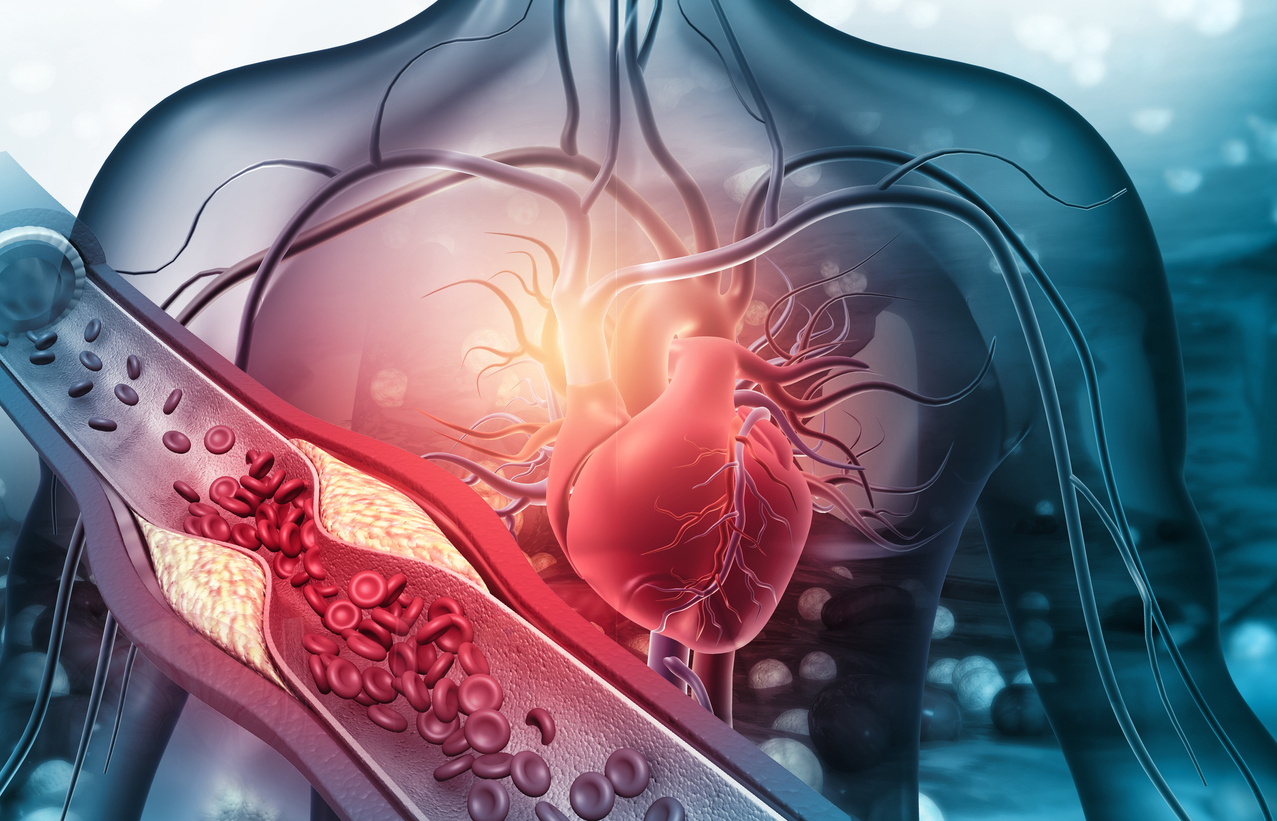Arterial disease is a common condition that impacts the arteries. Arteries are muscular, tube-like blood vessels that transport oxygenated blood, nutrients, and hormones from the heart to the body’s tissues and organs. Arterial disease is characterized by the narrowing of the arteries, which results in a reduction in blood flow to the arms and legs. This can cause unwanted symptoms such as pain and numbness. Though the condition is common, it should be seriously heeded, and those at risk should care to learn the reasons why arterial disease may develop.
Why Does Arterial Disease Develop?
Arterial disease is also known as peripheral artery disease (“PAD”). Several risk factors increase one’s risk of developing the condition.
Family History
Genetic factors play a major role in one’s risk for arterial disease. For those who have family with the condition, it plays a role in your level of risk. Consult with a medical professional and share your family history. They can work with you on managing your risk and monitoring any changes in your cardiovascular health.
Age
While you cannot control the aging process, it does play a factor in the risk assessment for arterial disease. Age increases the risk of the condition due to the cumulative effects of risk factors over time. Those 65 and older are at risk, so it is essential to focus on preventative measures. A medical provider at the heart and vascular center can help you manage your risk and monitor your health.
Obesity
Excess weight impacts health in many ways. It can put excess pressure on your systems and lead to unwanted health issues, including high blood pressure, cholesterol, and diabetes. These are all risk factors for arterial disease and other chronic conditions.
Smoking
Smoking causes artery damage. It specifically causes plaque formation and hardens the arterial walls. Smoking increases the risk of arterial disease and other unwanted chronic health conditions. In fact, smoking also increases the risk of heart disease by four times in smokers as compared to non-smokers. Smoking is the cause of one in four deaths caused by cardiovascular disease.
Poor Lifestyle Habits
Diet and exercise are important for physical and mental health. Those who have a poor diet and live a sedentary lifestyle are more likely to suffer from arterial disease. A sedentary lifestyle can lead to high blood pressure, cholesterol, and obesity. Additionally, a diet high in saturated fat, trans fat, and cholesterol causes plaque buildup, which negatively impacts your arteries.
Arterial Disease Prevention
Taking preventative measures can lower your risk for arterial disease. It is crucial to work with a skilled medical provider if you are at a high risk for the condition. Several lifestyle factors can improve your overall health and reduce your risk for arterial disease, including eating a healthy diet and maintaining a healthy weight. Regular exercise is vital to this. Doctors recommend that adults get at least 150 minutes of exercise per week. Physical fitness can also help you manage your blood pressure and cholesterol. In addition to eating healthy and exercising, quality sleep is also vital for your overall health.
Stress and chronic inflammation are serious issues for many people. Managing stress can help with physical and mental health. Stress reduction, in combination with the lifestyle habits mentioned, can also reduce inflammation. Mediation, yoga, and spending time with loved ones are highly beneficial for overall well-being. However, these should not be substituted for regular medical checkups with your doctor.
Arterial Disease Treatment
If you believe you may have arterial disease, consult with a medical professional. Arterial disease treatment is necessary and can improve your quality of life. The condition does not always cause symptoms, and if it does, they may be mild. For this reason, it is important to attend your regular physical and other medical appointments. Contact the team at Beverly Hills Heart and Vascular Center to set up an appointment today.

